getting exposure to property, hospitality through 12j vcc
31 July 2017By: Warren Thompson Source: MoneyWeb
Adjustments have opened the door for this asset class.
Adjustments to the legislation governing 12J Venture Capital Companies (VCCs) has allowed investment managers to give investors the opportunity to get exposure to a hybrid property-hospitality asset class.
This was the opinion of Richard Asherson of Westbrooke Alternative Asset Management, who was presenting on the opportunities and risks of investing in Section 12J companies at the Boutique Asset Manager conference held at the Moneyweb Expo in Sandton on Friday.
12J refers to a section of the income tax act that provides a dispensation for investors to write off a portion of an investment equal to their taxable income rate for any investment into a 12J company. This means that if you, as an individual, have an income tax rate equal to the maximum rate of 45%, and make a R10 million investment into a 12J company, Sars will allow you to write off the equivalent of 45% of that investment – or R4.5 million against your tax liability in the year you make the investment.
Having run such funds for a number of years, Asherson can attest to the fact that Sars is honouring these commitments. “The investor receives an income tax certificate from the company confirming the investment, and can file it with Sars while completing their returns. All of our clients have successfully done this, and you can potentially carry forward your tax benefit.”
Westbrooke runs two 12J funds. One of them, the Capital Hospitality Fund, gets around the rules that prevent 12Js from investing in property because it invests in the Capital Hospitality Group which, as a hotel operator, is exempt from the rules. “It’s the fastest-growing hotel group in the country, with seven hotels nationwide,” says Asherson. “The beauty of the way in which they have been constructed is that the hotel can be sold off as apartments if things don’t work out.”
Westbrooke recently raised R885 million to invest in its two funds. Asherson says they are targeting a pre-tax internal rate of return in the hospitality fund (IRR – which takes into account the tax refund) of 24%. The other beauty of the structure is that any income from the investment is paid out as a dividend and is taxable in the hands of the investor at the standard rates.
“In terms of the rules, we have to invest 80% of the capital in the fund within three years of the first investor entering it, and we aim to provide an exit mechanism for investors after five years,” says Asherson. The five-year term is important – investors are required to keep their money in the fund for five years unless they want the taxman to recoup the benefit.
Qualifying companies:
Businesses that do not carry on the following impermissible trades:
- Invests in immovable property, except hotel operators;
- No lending or advisory services;
- No arms, tobacco or liquor producers or traders;
- The company must not have a book value greater than R50 million post investment.
Rules applicable to 12Js:
- The company needs to be registered with the Financial Services Board (FSB);
- No one investment can be more than 20% of the asset base of the fund;
- No investor can have more than 20% of the shareholding in the 12J company;
- The company must be resident in South African, and its tax affairs must be in order.





